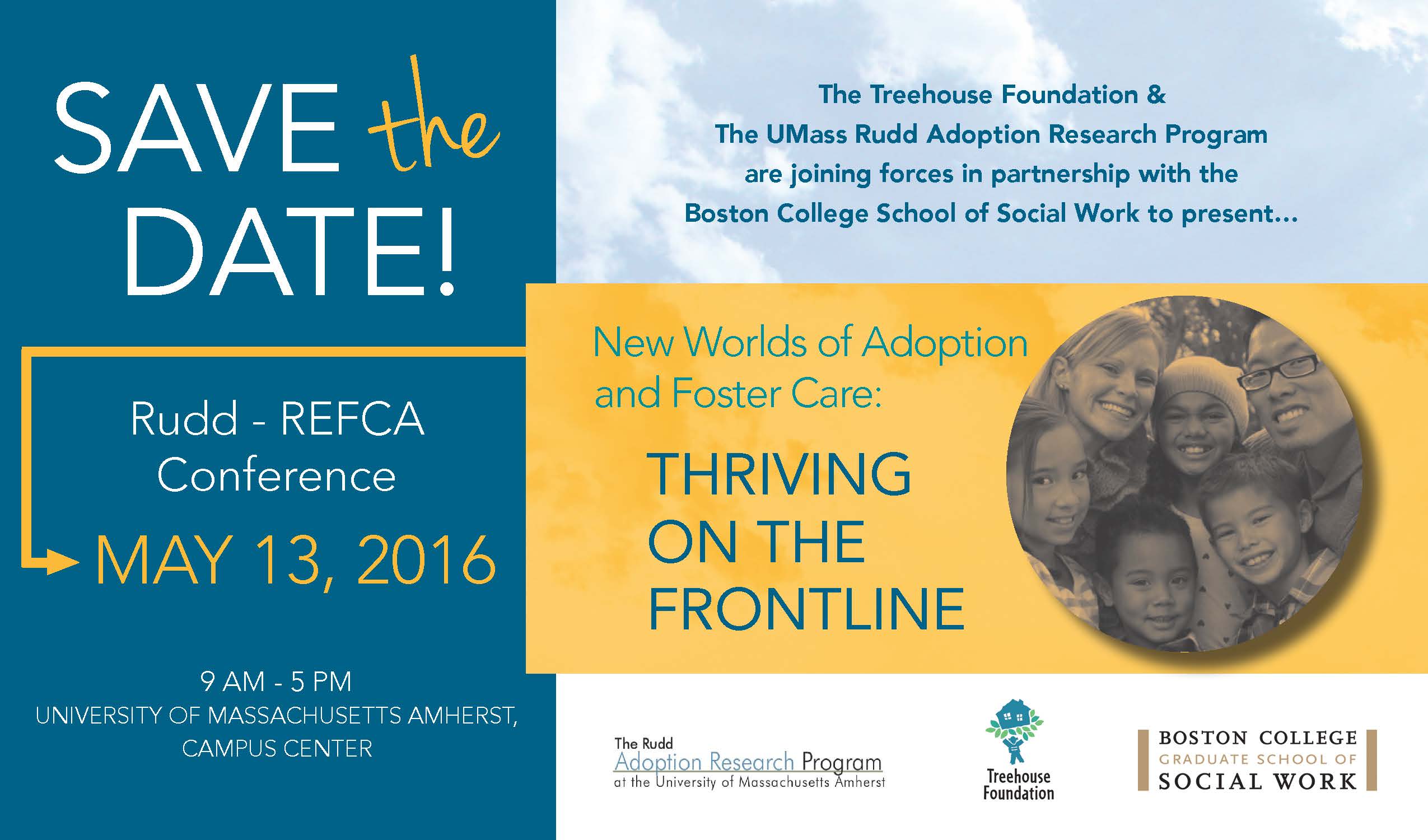Location
Room 805-09
Start Date
13-5-2016 2:45 PM
End Date
13-5-2016 4:00 PM
Description
This session will address some of the unexpected challenges and surprises encountered by heterosexual, lesbian, gay, and bisexual individuals and couples who adopt through the child welfare system. Data will be presented regarding (a) the challenges that foster-to-adopt parents encounter post-placement, including: legal insecurity in their parental role, disorganization within social service systems, inadequate support services, and complex relationships with birth parents; (b) unmet expectations that foster-to-adopt parents often encounter with regard to the types of children that are placed in their home (e.g., in terms of age, race, gender, and special needs); and (c) the experiences of parents that have adopted via child welfare in terms of contact and openness with birth family members. Engaged and informal discussion of the implications of these findings for families and clinicians, as well as Q&A, will follow these brief research presentations.
DOI
https://doi.org/10.7275/R5319T4Z
Sexual Minority and Heterosexual Parents Adopting Through the Child Welfare System: Challenges and Surprises During the Transition to Parenthood and Beyond
Room 805-09
This session will address some of the unexpected challenges and surprises encountered by heterosexual, lesbian, gay, and bisexual individuals and couples who adopt through the child welfare system. Data will be presented regarding (a) the challenges that foster-to-adopt parents encounter post-placement, including: legal insecurity in their parental role, disorganization within social service systems, inadequate support services, and complex relationships with birth parents; (b) unmet expectations that foster-to-adopt parents often encounter with regard to the types of children that are placed in their home (e.g., in terms of age, race, gender, and special needs); and (c) the experiences of parents that have adopted via child welfare in terms of contact and openness with birth family members. Engaged and informal discussion of the implications of these findings for families and clinicians, as well as Q&A, will follow these brief research presentations.
